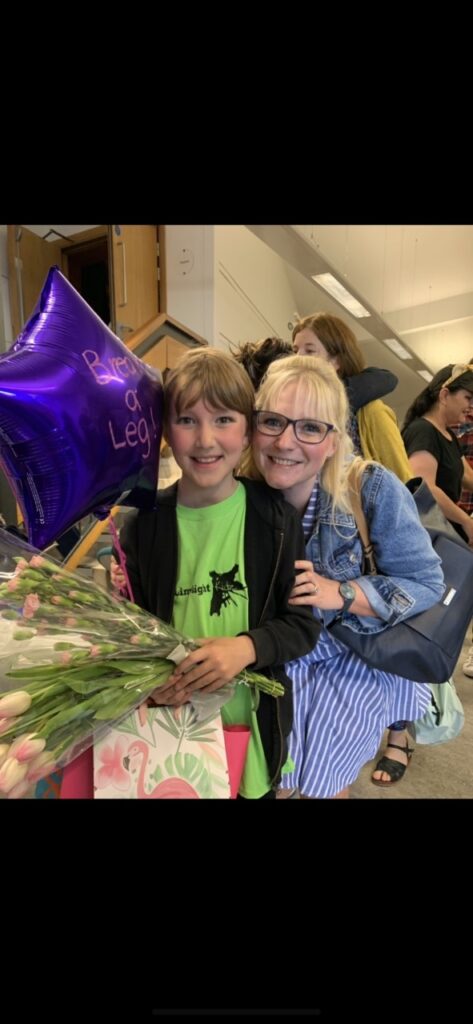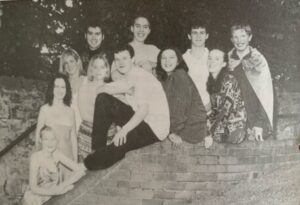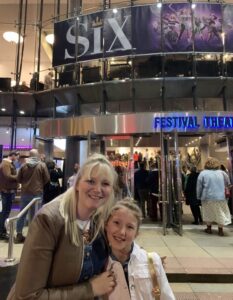Lisa (40) is a Depute Headteacher at a large comprehensive secondary school in Fife. Before her promotion to Depute, she taught history for ten years at a number of challenging schools in Scotland, and occupied a Principal Teacher role for three of those years. Throughout her own time in secondary school, Lisa attended Carnegie Youth Theatre in Dunfermline. She jumped at the opportunity to join after asking about a photograph of the company which was hanging in the original Stephen’s Bakery, and she now attributes much of her professional success to the confidence and work ethic which she developed there.

“I keep going back to confidence, but [without youth theatre] there’s no way I would have had the confidence to do even teaching, I would say.”
For Lisa, teaching is largely “an acting job”, and one which demands huge amounts of confidence. She describes how teaching often involves playing a role when enforcing rules; it’s important for her to react in a certain way, even though she is no longer actually surprised by most misbehaviour after several years in the job. Teaching and working in a school more generally also means having to deal with unanticipated problems and difficult situations, and Lisa credits her ability to appear calm under pressure to her time in youth theatre:
“My last headteacher used to say I was like a swan […] things could be going really badly, and it would look like it was not fazing me at all, but […] you need to do that when you’re on stage. Things are going wrong around about you left, right, and centre, but you need to smile, and you need to pretend that you know what you’re doing […] and that’s definitely something I keep in mind.”
Lisa feels that this unfailing sense of confidence is also what has helped her in her role as a depute headteacher. As a depute, she has found that she has to “take initiative a lot more” than as a teacher, she has to be “self-motivated”, and “be really good at teamwork”. She has to work and stand her ground within “a very close-knit team”, and in the event of disagreements “it’s about trying to find […] conflict resolution sometimes”. Lisa attributes her skills and confidence in these areas to her years at Carnegie Youth Theatre, where she learnt to work well with people she wouldn’t have always chosen to work with, and to find a common ground with them in order to achieve a common goal.
Lisa remembers herself as a busy and happy child. She attended dance classes and played the violin, but it was her experience of youth theatre which built her confidence and her dedication to hard work. She recalls loving it straight away, and immediately wanting to follow the example and standard set by the older participants: “I wanted to grow up to be like them.”
“In youth theatre, if you were good at it you got good parts, and that encouraged me to want to try harder […] I think it probably changed my whole idea about myself, and I’d gone from being this person who kind of coasted everything
I did […] It gave me a drive I’d never had before, and that just came from knowing if you worked hard you’d be rewarded.”
Comparing youth theatre to her other extracurricular activities, Lisa emphasises the ways in which regular praise, positive reinforcement, and opportunities for self-evaluation were crucial to the development of her confidence and work ethic. She remembers being complimented on her performances both in rehearsals and after shows, being able to look back at videos to see for herself how much she had improved from show to show, and the validation of feeling that her achievements were especially personal. Whereas any praise received elsewhere often related to work she had done, the praise she received at youth theatre gave her “a sort of inner confidence to say: well, actually I’m really good at that, and that’s me that’s made me good at that”. Youth theatre helped her to consolidate her sense of self and to feel confident in and of herself in a way that school and her other activities didn’t.
“I did start to see that hard work pays off, which everyone tells you, but I think there I could see it.”
Lisa describes this hard work not only as a dedication to learning her lines, to practising at home, or to focusing during rehearsals, but also as a dedication to building strong relationships with others in the company. She recalls learning to develop a sense of mutual trust with her castmates very swiftly and investing in those relationships in order to create a great production. As a result of this work, Lisa went on to join the youth cast in an adult musical theatre company and was cast in one of her dream roles there: the role of Liesl in The Sound of Music.
“I don’t think I’d be the same person without it, to be honest. If I hadn’t seen that picture in that bakers, I often think: where would I be? I don’t think my life would have turned out the same […] I don’t think I would have gone into teaching.”
Lisa attributes not only her teaching career, but also her sense of self and can-do attitude to the confidence she gained from youth theatre. She grounds her ability to try new things and take on new challenges in that confidence, and when bullying at university shook her confidence, she remembers returning to Carnegie Youth Theatre to consolidate it again. Going back reminded her that she has “this whole group of people […] who actually do value me for me”, and since then amateur musical theatre has remained an outlet for her throughout her adult life. She is now a member of adult amateur musical theatre companies and performs with them regularly, often alongside long-lasting friends from her youth theatre days. She feels strongly that “having an outlet or an avenue outside of work helps”, and cannot overstate the benefits of her theatre involvement on her happiness and wellbeing. She emphasises that even talking about her time at Carnegie Youth Theatre makes her smile.
Lisa even brings her love of musical theatre into the classroom, drawing parallels between the importance of good storytelling to both history education and to theatre. She has used lyrics from Hairspray to teach the US civil rights movement, Miss Saigon to illuminate the Vietnam War, and even Dirty Dancing 2 to shed light on the Cuban Missile Crisis. She again credits youth theatre for the confidence necessary to try these alternative teaching methods, and describes how well students have responded to these alternative forms of learning.
“I do genuinely attribute quite a lot of my success to the start that was made and the experience I had [at youth theatre].”


We are a registered charity in Scotland (No. SC035765) and a company limited by guarantee (No. 269952).




Website by Out of Place Studio